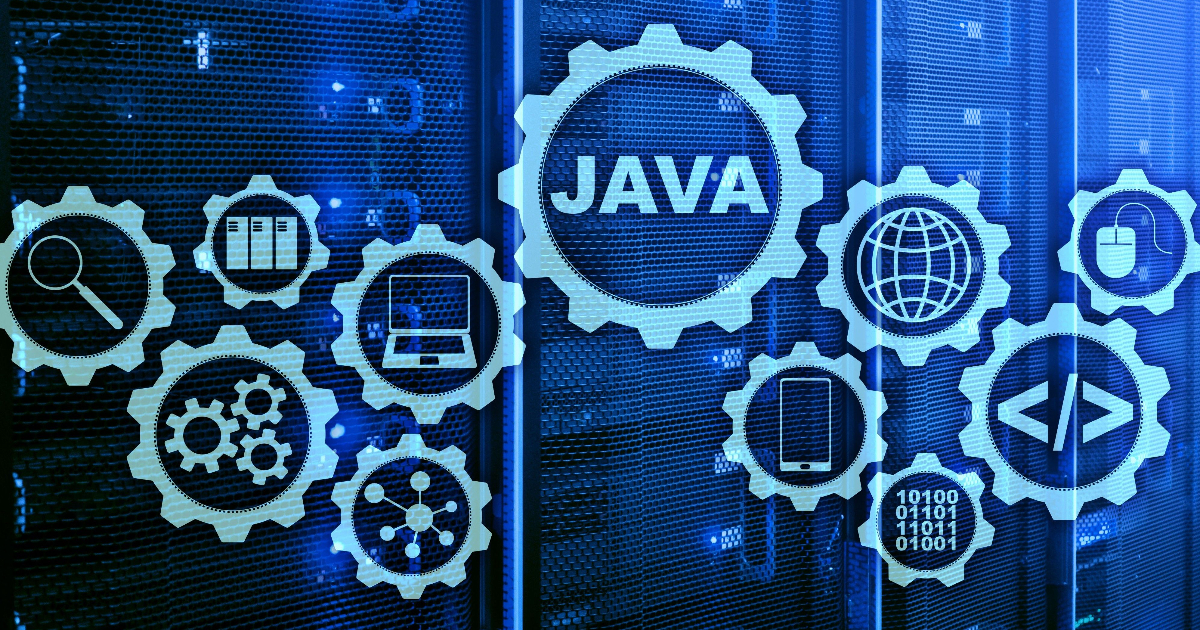Codetown
Codetown ::: a software developer's community
Groovy and Grails biggest problem...
Replies to This Discussion
-
Permalink Reply by Zemian Deng on July 22, 2008 at 11:19am
-
Robert Dempsey said:What I am looking for is performance comparisons of Groovy/Grails with other frameworks combined with Java such as Spring.
Hello Robert, Have you explored Scala programming? It gives you the short and flexibility of Groovy like expressiveness, but yet has good performance as close as to Java itself! Scala is static typed instead of dynamic though. Check out other post I made few days ago under Other JVM Group on this site see if you like it.
-Z -
-
Permalink Reply by Jim Moore on August 27, 2008 at 10:36pm
-
What needs to be performant and why? Things like Twitter are built on a notoriously slow platform (ie, Ruby on Rails) but it's plenty fast enough.
Grails is obviously slower than Spring MVC since it's built on old versions of Spring MVC and Spring WebFlow. Does it matter? For the vast majority of web sites the answer is trivially simple: No.
Scala is faster and slower than Java depending on what you're doing. Groovy is slower than both, but who cares? It's more than fast enough for what it's used for.
If you really need speed, write in assembly code. If you think that's not reasonable, then ask yourself why you're willing to sacrifice that speed to be able to write in Java. Then apply the same reasoning to why you would program in something like Grails.
Note that I'm not saying that you should use Grails, just that looking at performance without solid reasons *why* is well beyond foolish. -
-
Permalink Reply by Jackie Gleason on October 15, 2009 at 5:07pm
-
There are some performance issues (For example I have been told my IDE friendly specific typing can cause issues) that make Scala/Java better for some high volume projects. However, for simplicity and readability groovy is a better way to develop, IMHO
Jackie -
-
Permalink Reply by John Thompson on January 3, 2010 at 8:03am
-
To answer adoption - Grails is becoming more and more mainstream. Sky.com, Wired, and Walmart (specifically mp3.walmart.com) are some notable sites using Grails.
In benchmarking, yes, Grails is slower. But improvements are being made, both to Groovy and Grails itself.
And benchmarks are generally useless in the real world. Every application is different. Bad code, poor database design, poor technology choices, etc are going to have a far greater impact then the language used.
Where performance is an issue, you can always use Java (or Scala). In fact, much of the Grails framework is in Java, not Groovy. It all comes down to using the right tool for the job.
Also - in the age of distributed computing, I need to ask who cares if there is a 20-30% performance penalty. What does it matter if you need to spool up another VM or two in the cloud? -
Notes
Welcome to Codetown!
 Codetown is a social network. It's got blogs, forums, groups, personal pages and more! You might think of Codetown as a funky camper van with lots of compartments for your stuff and a great multimedia system, too! Best of all, Codetown has room for all of your friends.
Codetown is a social network. It's got blogs, forums, groups, personal pages and more! You might think of Codetown as a funky camper van with lots of compartments for your stuff and a great multimedia system, too! Best of all, Codetown has room for all of your friends.
Created by Michael Levin Dec 18, 2008 at 6:56pm. Last updated by Michael Levin May 4, 2018.
Looking for Jobs or Staff?
Check out the Codetown Jobs group.
InfoQ Reading List
Java News Roundup: Oracle Critical Patch Update, Grizzly 5, Payara Platform, GraalVM, Liberica JDK

This week's Java roundup for January 19th, 2026, features news highlighting: JEP 527, Post-Quantum Hybrid Key Exchange for TLS 1.3, targeted for JDK 27; GlassFish Grizzly 5.0; the quarterly release of the Oracle Critical Patch Update (CPU) Advisory; the January 2026 edition of the Payara Platform; and maintenance releases of Liberica JDK, GraalVM, OpenXava and Ktor.
By Michael RedlichOpenAI and Anthropic Introduce Healthcare-Focused AI Platforms

OpenAI and Anthropic have announced new healthcare-oriented AI offerings that extend their models beyond general conversational use and into regulated clinical and life sciences environments. Both releases emphasize technical integration, interoperability, and governance, reflecting a shift toward AI systems designed to operate directly within existing healthcare infrastructure.
By Robert KrzaczyńskiArticle: The Friction Fix: Change What Matters

Friction is the invisible current that sinks every transformation. Friction isn’t one thing, – it’s systemic. Relationships produce friction: between the people, teams and technology. The fix isn’t Kubernetes, the Cloud or AI. The fix is changing our patterns of thinking, communicating, and organizing.
By Cat Morris, Diana MontalionCedar Joins CNCF as a Sandbox Project

Cedar, an open-source policy language architected by AWS, has joined the CNCF as a Sandbox project. Designed for fine-grained application permissions, it decouples access control from code using a verifiable, high-performance policy engine. Cedar supports RBAC, ABAC, and ReBAC, offering a secure, analyzable alternative to general-purpose tools like OPA.
By Mark SilvesterPresentation: Theme Systems at Scale: How To Build Highly Customizable Software

Guilherme Carreiro discusses the architecture behind Shopify’s theme system, focusing on balancing extreme customizability with platform stability. He explains how they leverage Liquid as a safe DSL, optimize performance via native extensions (Rust/C), and use JSON schemas to bridge the gap between developers and merchants.
By Guilherme Carreiro
© 2026 Created by Michael Levin.
Powered by
![]()